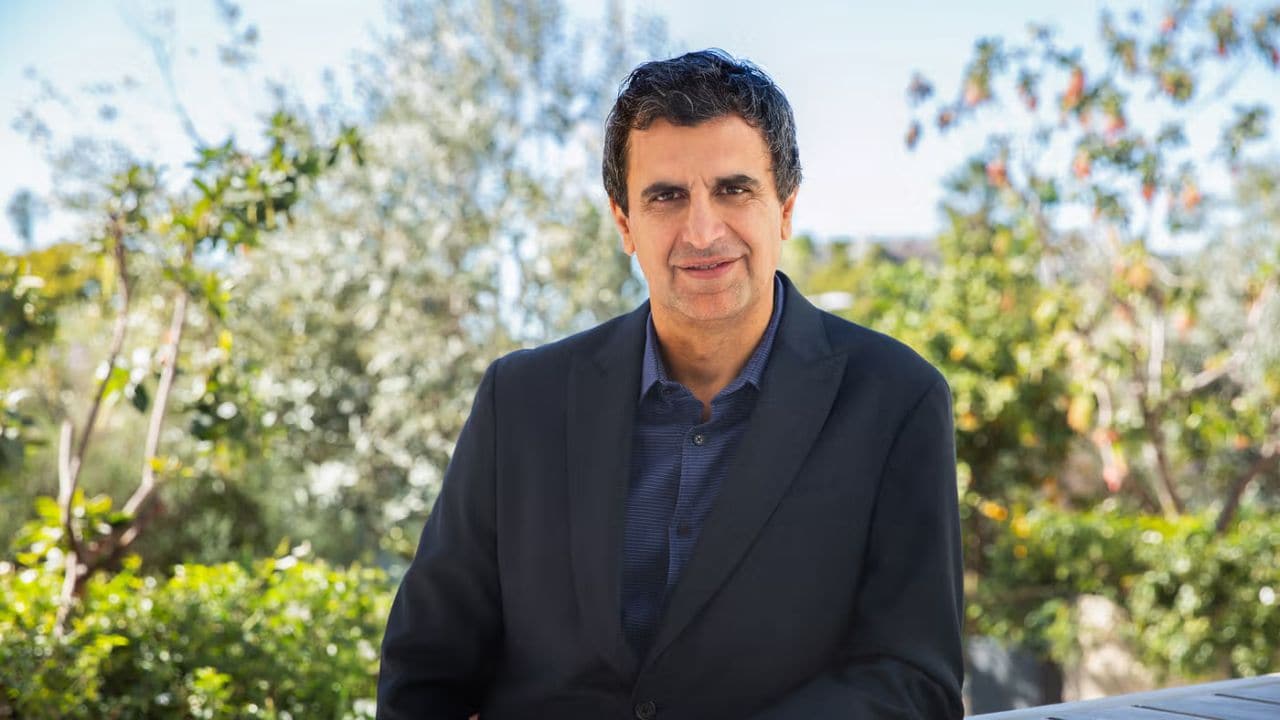Consumer goods giant Unilever reported a modest uptick in sales in the first quarter of 2025, pointing to strength in its premium beauty and personal care brands in developed markets, even as challenges persisted in several key emerging economies.
Underlying sales grew 3 percent in the quarter, driven by a combination of price increases and volume gains. The performance was broadly in line with expectations, with Unilever reaffirming its full-year guidance of 3 to 5 percent underlying sales growth and a slight improvement in operating margin.
Fernando Fernandez, who took the reins as CEO in 2025, said the quarter showed “resilient performance,” citing the company’s innovation pipeline, premiumization strategy, and stronger brand investment. “Creating desirability at scale for our brands and brilliant in-market execution are the pillars of our plan,” Fernandez said.
Unilever’s largest brand, Dove, led growth with an 8 percent increase in sales, fueled by new product launches and a high-profile Super Bowl campaign in the U.S. Other personal care products, such as Vaseline and Liquid I.V., also posted strong results.
Uneven Growth Across Markets
Developed markets, which now account for 42 percent of the company’s turnover, grew 4.5 percent. North America and Europe were standouts, supported by strength in personal care and home hygiene categories. Emerging markets, by contrast, saw a more subdued 2 percent growth, with declines in China and Indonesia weighing on results.
In China, sales dropped by high-single digits amid a sluggish consumer environment. Indonesia saw a 6.6 percent decline as the company continued to restructure operations there. Unilever said it expects both markets to return to growth in the second half of the year.
Latin America, once a growth engine for the company, was hindered by high real interest rates that led retailers to reduce inventory, contributing to a 3 percent decline in volume.
An Ice Cream Exit
The quarter also marked a significant step in Unilever’s multi-year transformation strategy: the separation of its global ice cream business. The newly independent company, to be named The Magnum Ice Cream Company, is set to begin operating as a standalone entity by July 2025, with shares to be listed in Amsterdam, London, and New York.
The division, which includes brands such as Magnum, Ben & Jerry’s, and Cornetto, grew 4 percent in the quarter, helped by a slate of premium product launches and improved operational execution. Ice cream will be reported as a discontinued operation from the fourth quarter.
The separation is part of a broader restructuring plan aimed at simplifying Unilever’s operations and focusing on higher-growth, higher-margin categories. The company is also in the midst of a productivity programme expected to save €800 million and eliminate 7,500 office-based jobs. Approximately 6,000 roles had been cut by the end of the first quarter.
Strategic Moves and Brand Realignment
In addition to spinning off its ice cream unit, Unilever made several portfolio adjustments in the quarter. In January, its Indian subsidiary, Hindustan Unilever, agreed to acquire Minimalist, a fast-growing beauty brand. In April, Unilever acquired the personal care brand Wild, expanding its presence in the premium deodorant category. It also agreed to sell The Vegetarian Butcher, citing limited scalability.
The company’s €1.5 billion share buyback program, announced in February, is underway and expected to be completed in the first half of the year. The quarterly dividend was raised 6.1 percent year-over-year.
Looking Ahead
Despite global macroeconomic uncertainty, Fernandez expressed confidence in the company’s direction. “We are moving at pace,” he said. “Confident in making progress in 2025 and beyond.”
Still, he acknowledged risks tied to consumer sentiment, currency volatility, and the broader economic outlook. The company pledged to remain agile and adjust plans as necessary.
Unilever continues to reshape itself for a faster-moving consumer landscape. As Fernandez positions the company for what he calls “consistently higher performance,” the next chapters will be closely watched.
